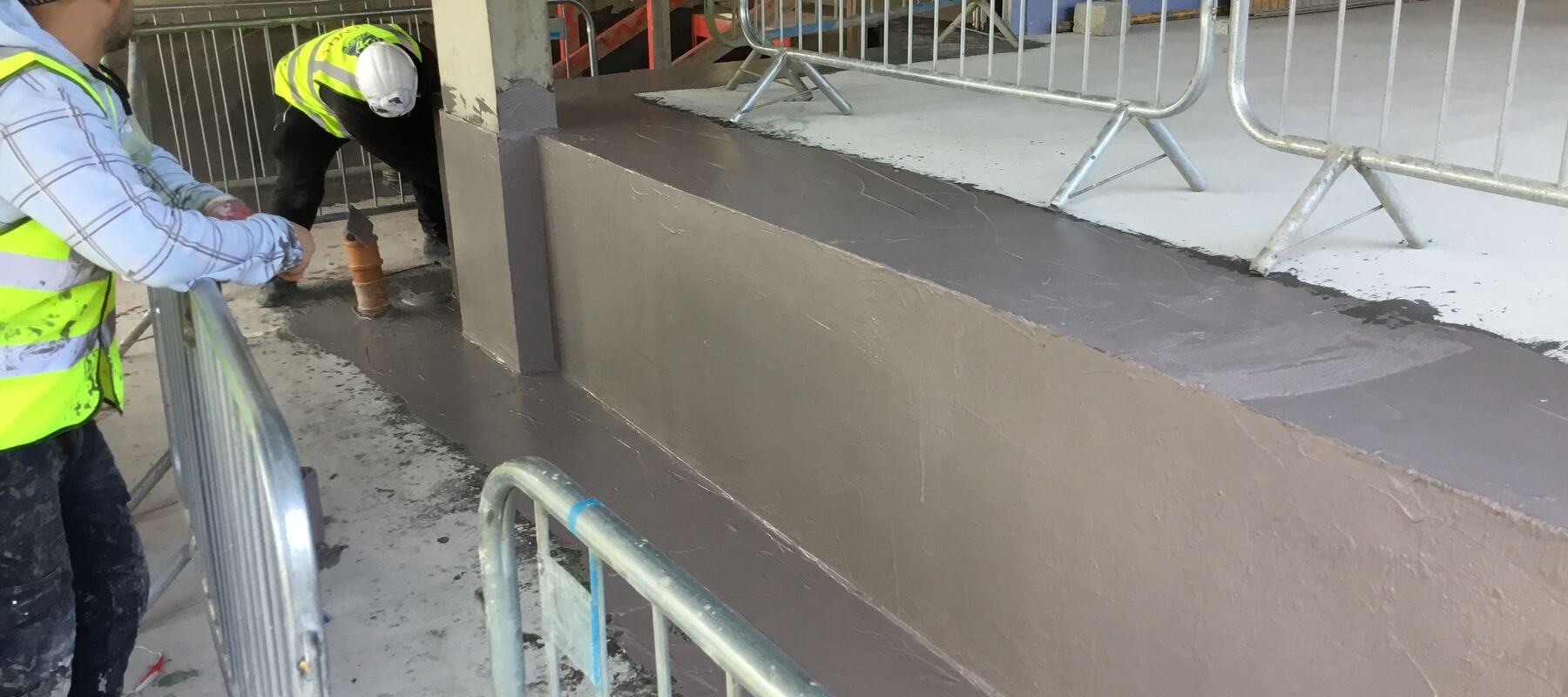Water proofing is a crucial consideration for property owners and landlords alike, yet it often falls to the background until the deterioration is done. With the risk of moisture infiltration posing a serious threat to the integrity of structures, understanding the necessity of waterproofing becomes essential. Whether you are looking to protect your home from flooding or simply want to prevent mold growth in your basement, the best waterproofing solutions can save you major in repairs and ensure a safe living environment.
However, when it comes to executing waterproofing projects, many people find themselves torn between DIY approaches and hiring professional services. Each option carries its own set of benefits and limitations. In this article, we will explore the key factors to consider when choosing between a DIY method and enlisting the help of a expert waterproofing contractor. By outlining critical waterproofing strategies and dispelling common misconceptions, we aim to provide you with the knowledge necessary to make an wise decision that best suits your needs.
Grasping the Significance of Waterproofing
Waterproofing is an crucial aspect of upkeeping any home or structure, as it shields buildings from the destructive effects of water infiltration. Water can permeate into foundations, sides, and ceilings, causing major damage over time. By utilizing efficient waterproofing techniques, homeowners can avoid issues like mold growth, building decay, and costly repairs down the line. This preventive approach not only protects the construction safety of a building but also boosts its overall marketability and longevity.
Neglecting waterproofing can lead to severe consequences. Many residents do not realize the magnitude of loss that water can cause until it is past the point of no return. Indicators such as damp smells, stained surfaces, or damp basements should not be dismissed, as they may suggest underlying issues that require prompt attention. The financial impact of disregarding these red flags can be substantial, making it crucial for building owners to understand the necessity of timely waterproofing interventions to avoid more significant expenses in the long run.

Furthermore, water resistance is not just about safeguarding properties; it also leads to healthier living environments. High levels of moisture can lead to the formation of mold, posing grave health risks to residents. By making certain that homes are properly water resistant, not only are structural damages averted, but the overall air quality and comfort within the property enhance. Thus, picking the appropriate waterproofing solutions is vital for both safety and comfort, highlighting the necessity of this important procedure.
Do-It-Yourself vs. Professional Waterproofing: Choosing the Best Choice
In terms of waterproofing your house or building, you may discover yourself weighing the choices between DIY methods and contracting professionals. One of the main benefits of a DIY approach is cost savings. Many homeowners feel confident in tackling waterproofing projects themselves, especially with the abundance of online resources and products at hand. If you have some basic skills and the right materials, you can handle small issues, like fixing cracks or applying waterproof coatings. However, it's essential to keep in mind that not all waterproofing jobs are suitable for a DIY approach, and errors can lead to major water damage later on.
On the other hand, professional waterproofing services offer knowledge and a guarantee of quality work. Experienced contractors have the knowledge and specialized tools necessary to address complex waterproofing issues efficiently. They can evaluate your property's unique needs and recommend tailored solutions that might not be apparent to an untrained eye. Additionally, professional waterproofing often comes with guarantees, which provide peace of mind knowing that any future issues concerning the work done will be covered.
In the end, the decision between DIY and professional waterproofing depends on the seriousness of the problem and your level of expertise. For minor, manageable tasks, a DIY approach may suffice. However, for larger projects or serious issues, investing in professional services can save you effort, effort, and potentially significant repair costs in the future. Evaluating your capabilities and the particular needs of your property will guide you toward the most effective choice for efficient waterproofing.
Key Water-proofing Techniques for Property Owners
Homeowners can adopt several successful waterproofing methods to protect their houses from moisture damage. One of the most vital measures is ensuring adequate drainage around the foundation. This involves grading the landscape away from the home to channel rain away from the home, as well as setting up gutters and downspouts to control roof runoff. Consistently cleaning these systems helps reduce blockages that could lead to standing water near the foundation, considerably reducing the risk of leaks and construction damage.
Another crucial technique is applying waterproof coatings to both indoor and exterior surfaces. Using high-quality sealants on basement walls and floors helps create a block against moisture infiltration. For outdoor walls, select proper paint or membrane systems designed for waterproofing, ensuring that you cover all vulnerable areas thoroughly. Additionally, homeowners should always treat any cracks and gaps in their walls and foundations to stop water seepage before applying these coatings.
In conclusion, creating a humidity-controlled environment inside is essential for preventing mold and mildew growth. https://blogfreely.net/marchmonth2/essential-sealing-tips-for-fresh-construction should evaluate investing in dehumidifiers, especially in basements and crawl spaces where moisture tends to gather. Consistently inspecting and sealing areas prone to leaks, such as around windows and doors, also plays a crucial role in keeping indoor spaces moisture-free. By integrating these techniques, property owners can defend their properties and enhance their durability against moisture damage.
